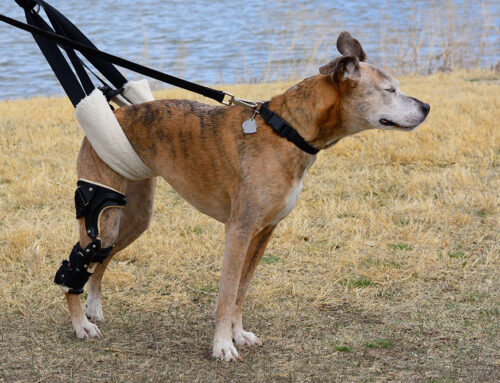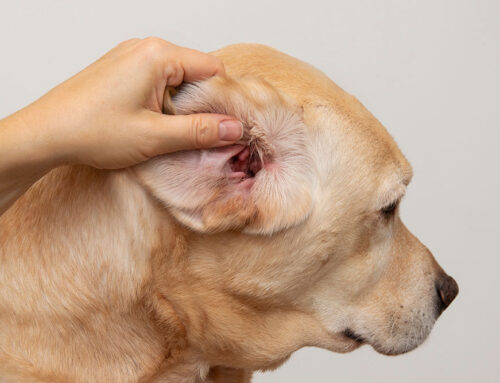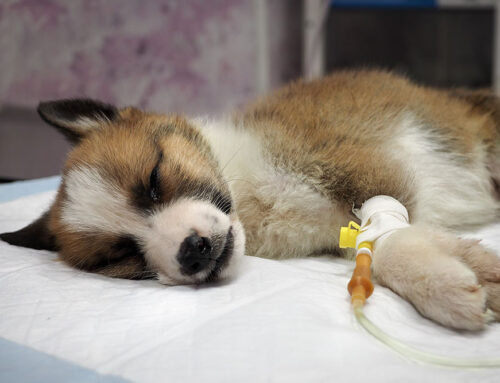As pets age, it’s not uncommon for pet owners to notice a slowdown in their pets’ activities. This change often prompts the question, “Why is my older pet slowing down?” At the Animal Medical Center of Marquette, we understand that seeing changes in your pet can be concerning. This article aims to explore the natural aging process in pets, identify symptoms of decline, and discuss how specialized veterinary care can help manage these changes, enhancing the quality of life for our beloved pets.
Understanding Aging in Pets
What exactly constitutes an “older pet”? Typically, dogs are considered seniors around 7-10 years depending on their size and breed, while cats reach senior status around 10-12 years. As pets age, just like humans, they experience a natural decline in their physical and sometimes mental health.
Several age-related health issues commonly arise, including arthritis, decreased organ function, and sensory decline. To better understand these changes and how they affect your pet, reference these comprehensive senior pets guidelines.
Common Causes for Slowing Down
As pets grow older, several conditions can contribute to their decreased activity levels:
- Arthritis: A common ailment in older pets, causing pain and stiffness in the joints.
- Decreased organ function: This includes heart, liver, and kidney diseases which can decrease energy levels and affect overall well-being.
- Sensory decline: Loss of sight, hearing, and smell can make pets more hesitant in their environment, leading to less activity.
Each of these conditions can significantly impact a pet’s mobility and their willingness to engage in activities they once enjoyed.
Recognizing Symptoms of Decline
Recognizing the signs of aging in pets is crucial for their care. Symptoms may include:
- Lethargy: Showing less interest in play or walks.
- Reluctance to move: Difficulty getting up or finding comfortable positions.
- Noticeable pain during movement: Wincing, whimpering, or other signs of discomfort when moving.
Observing these changes in behavior is essential as they often indicate underlying health issues that require attention.
How Veterinary Care Can Help
Regular veterinary check-ups play a critical role in maintaining an older pet’s health. At the Animal Medical Center of Marquette, we utilize various diagnostic tools to assess the health of senior pets effectively. Our veterinary services include thorough exams that can detect early signs of diseases that commonly affect older pets.
For managing age-related conditions, personalized care plans are developed, including treatments such as medications for pain management, therapies for mobility, and recommendations for dietary adjustments.
Preventive Measures and Supportive Care

To support aging pets, consider these preventive and supportive measures:
- Diet: Feed them age-appropriate diets that cater to their nutritional needs.
- Exercise: Keep them active according to their ability; even gentle movement helps maintain mobility.
- Home modifications: Add ramps for pets who have trouble with stairs, or place non-slip mats where necessary.
Additionally, the use of supplements and medications may be recommended to manage symptoms and improve quality of life. Learn more about handling your pet gently to reduce stress with our guide on low-stress pet handling techniques.
Conclusion
Understanding why older pets slow down is the first step in helping them navigate their senior years comfortably. By recognizing the signs of aging and engaging in proactive veterinary care, you can significantly enhance your pet’s quality of life. If you’ve noticed changes in your pet’s behavior or mobility, don’t hesitate to schedule an appointment with us at the Animal Medical Center of Marquette. Together, we can ensure your pet enjoys their golden years to the fullest.










Leave A Comment